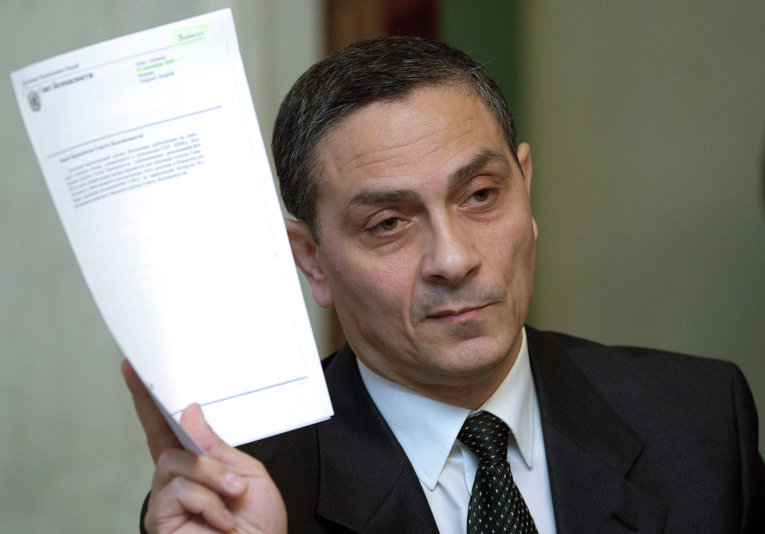MOSCOW, February 11 (RAPSI) – Richard Chichakli, alleged co-conspirator of Viktor Bout, has moved in the aftermath of a December conviction in US federal court for an acquittal, a new trial, or a stay of judgment, according to court documents.
Chichakli, a citizen of both the US and Syria, was convicted in December of one count of conspiracy to violate the International Emergency Economic Powers Act (IEEPA), one count of conspiracy to launder money, one count of conspiracy to commit wire fraud, and six counts of wire fraud.
According to the court documents, Chichakli was accused by prosecutors of having owned the Tajikistan-based Samara Airlines. The US Treasury Office of Foreign Assets Control (OFAC) froze a wire transfer sent from the airline to a Florida-based aviation company for the purchase of airplanes.
Moving for an acquittal, Chichakli argued that there was insufficient evidence to justify his conviction on any of the counts of the indictment.
After asserting a dearth of evidence with regard to whether Chichakli had ever called or visited Tajikistan, let alone set up a company there – the defendant noted that neither Samara Airline and Aventura, nor either of their principles were the subjects of an OFAC blocking order.
The document adds, “Mr. Chichakli had no ownership interest in any of the funds wired to Aventura for the purchase of the aircraft. The funds sent to purchase the aircraft were not blocked funds. Finally, Mr. Chichakli did not hide his designation as a “blocked person” from any of the principles of Aventura.”
Accordingly, Chichakli argues that an acquittal should be entered for the IEEPA violation count.
He further asserts that the court should enter an acquittal for the money-laundering count, claiming that there was no proof Chichakli caused anyone to send the money.
Finally, the six counts of wire fraud should be subject to entries of acquittal, as should the conspiracy count, because no such scheme or conspiracy existed – and even if it did, Chichakli was not a part of it, according to the document.
Chichakli further moved for a new trial, “in the interests of justice.”
Specifically, Chichakli acted as his own attorney – but was denied access to a laptop containing upwards of two terabytes of trial-preparation material during the course of ten days spent in solitary confinement.
He had no access to paper discovery for a week within that time frame, and only had access to 85% of such documents after regaining access to them.
He was also quite ill during his time in solitary. According to the document, which was drafted by his stand-by counsel: “He was vomiting, he lost weight and he was denied religious services for the time he was in the SHU. Mr. Chichakli was very sick, dehydrated and crying when visited by both a paralegal and Stand By Counsel. Yet, the Court ordered the trial to go forward because Mr. Chichakli and the Government wanted to go forward as scheduled on November 19, 2013.”
The stand-by counsel noted that he had objected to moving forward with the trial as planned, and now moves for a new trial.
The document asserts: “For all the reasons stated above, this Court should grant the defendant a judgment of acquittal or a new trial; in the alternative granting the defendant a stay of judgment.”



